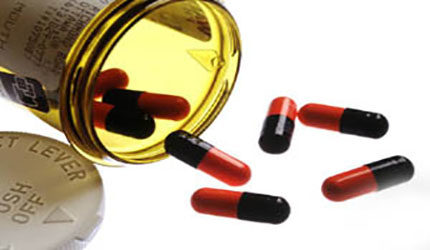
Senate Committee Questions Woodcock Over FDA Lag in Biosimilars Pathway
CDER Director Janet Woodcock came under fire last week from senators demanding to know why the FDA is years behind Europe and Canada in establishing a workable program for biosimilars.
Woodcock acknowledged that the most important upcoming tasks are issuing a final proposed rule on nonproprietary naming, as well as draft guidances on labeling and demonstrating interchangeability. Yet she refused to give specific dates for release while testifying before the Health, Education, Labor and Pensions committee’s subcommittee on Primary Health and Retirement Security.
Sen. Tim Scott (R-S.C.), said he realizes that government moves slowly, but he expected the FDA would have issued guidance on appropriate labeling much earlier.
Sen. Elizabeth Warren (D-Mass.), criticized the FDA for dragging its feet to issue guidance that could resolve important issues for companies, particularly since Congress authorized the biosimilars pathway nearly five years ago. She pointed out that the European Medicines Agency adopted a biosimilars pathway in 2003 and approved the first biosimilars in 2006, while Health Canada approved its first biosimilars in 2009.
The FDA is building on nearly a decade of experience from Europe and Canada, Warren said, insisting that it’s time for the agency to finish the guidance documents. The longer it takes, the longer patients will be stuck with paying for only one expensive option, she said, adding that biosimilars can save an estimated $44 billion over the next 10 years.
“We have to get the science right,” Woodcock responded, explaining that the agency can’t have problems with the first biosimilars out of the block. She emphasized the agency has issued three final guidances, including a foundational guidance with the scientific framework, and five drafts.
The agency also has been busy dispensing one-on-one advice to drugmakers, Woodcock pointed out. As of July 31, a total of 57 proposed biosimilar products for 16 different reference products were enrolled in the Biosimilar Product Development program.
AbbVie agrees with Woodcock’s statement that “we have to get the science right,” said Jerry Clewell, the company’s associate scientific director.
Still, key questions on interchangeability and product labeling need to be answered in a manner that prioritizes patient safety, Clewell added.
Meanwhile, AbbVie has filed a citizen petition regarding the FDA’s approach to biosimilar labeling. Woodcock said the agency is evaluating AbbVie’s petition. — Jonathon Shacat
